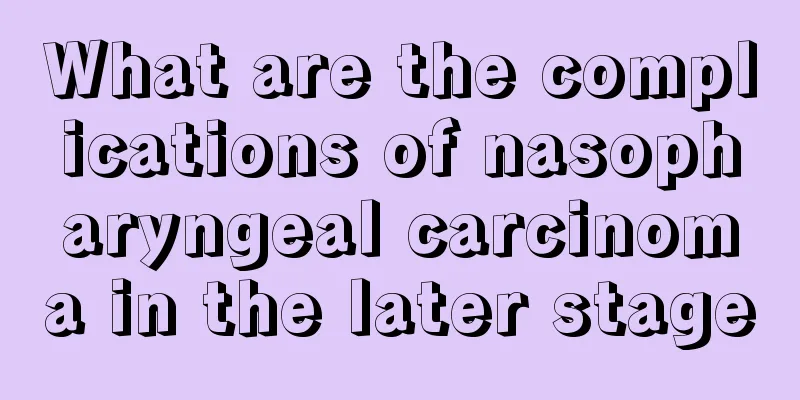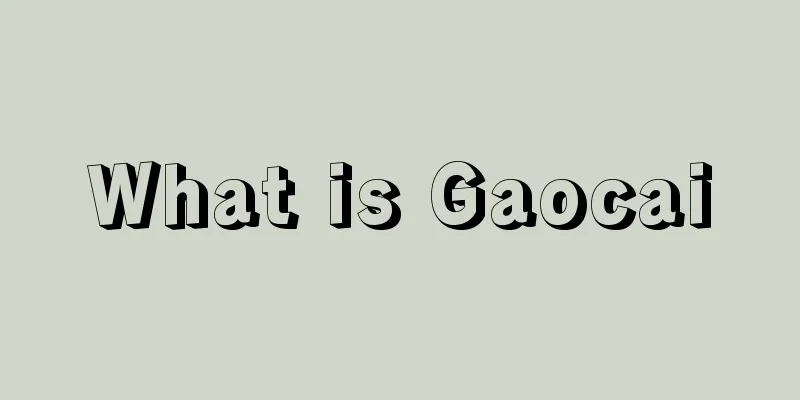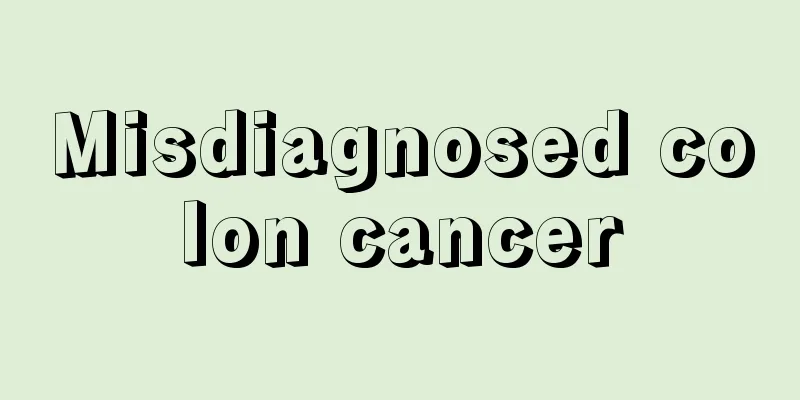What are the complications of nasopharyngeal carcinoma in the later stage

|
Nasopharyngeal carcinoma becomes very scary when it reaches the late stage. Not only will the difficulty of treatment increase, but the pain it causes to patients will also increase significantly. Late-stage nasopharyngeal carcinoma often invades the optic nerve near the optic chiasm, causing decreased vision, nasal or temporal hemianopsia, and can cause blindness in one or both eyes. Fundus examination reveals optic nerve atrophy. The abducens nerve has a long course and is located in an area that is easily invaded by nasopharyngeal carcinoma, so it is often invaded at an early stage, causing diplopia, inability to turn the eyeball outward, and esotropia. The trochlear nerve is affected, and the rotation of the eyeball is limited, causing difficulty in looking down. The oculomotor nerve is compressed, resulting in eye movement disorders and ptosis. The ophthalmic branch of the trigeminal nerve is affected, resulting in numbness of the upper and lower eyelid skin and sluggish or absent corneal reflexes. The invasion of orbital tissue causes proptosis. In the late stage of nasopharyngeal carcinoma, there is more bleeding, and nosebleeds may occur; 2. Tinnitus, hearing loss, and ear blockage that occur in the early stage become more severe in the late stage; 3. In the late stage, the tumor destroys the skull base or spreads in the skull to affect the cranial nerves, causing persistent migraines with fixed locations; 4. Because the tumor invades the abducens nerve, it often causes double vision when looking outward. The invasion of the trochlear nerve often causes inward strabismus and diplopia; 5. In the early stage, it is mostly unilateral nasal congestion, while in the late stage, bilateral nasal congestion occurs after the tumor blocks both nostrils; 6. Numbness of the facial skin, clinical examination shows decreased or absent pain and touch sensation; 7. When nasopharyngeal carcinoma directly invades or lymph nodes metastasize to the posterior region of the styloid process or the hypoglossal nerve canal, the hypoglossal nerve is invaded, causing the tongue to deviate to the diseased side accompanied by atrophy of the tongue muscles on the diseased side; 8. In the late stage of nasopharyngeal carcinoma, the optic nerve is damaged or the orbital cone is invaded, resulting in decreased or absent vision, and damage to the oculomotor nerve causes ptosis and fixed eyeballs; In addition to the above symptoms, nasopharyngeal carcinoma in the late stage may also cause double vision when looking outward due to tumor invasion of the abducens nerve; cancer cells invade the trochlear nerve, which may cause strabismus and diplopia; nasopharyngeal carcinoma directly invades or lymph nodes metastasize to the posterior styloid process or hypoglossal nerve canal, causing the hypoglossal nerve to be invaded, causing the tongue to deviate to the affected side, accompanied by atrophy of the tongue muscles on the affected side, etc. If patients with nasopharyngeal carcinoma have the above symptoms, it indicates that the disease is in the late stage and should be given timely and effective symptomatic treatment. |
<<: What are the hazards of nasopharyngeal cancer
>>: What are the dangers of having nasopharyngeal cancer
Recommend
Eat food that flies have crawled over
Flies are a relatively common pest and also a cre...
Is blood in the stool serious?
Some people find that there is some blood in thei...
Will massage cause bruises if meridians are blocked
When the body's meridians are blocked, massag...
Blisters on thigh root
Blisters appearing at the base of the thighs may ...
Why do I have back pain in the morning? Find the cause and treat it
In our lives, many people suffer from back pain w...
What are the symptoms of getting angry
Getting a sore throat is a very common phenomenon...
Nursing measures for patients with multiple metastases after uterine tumor surgery
For a long time, people have believed that tea co...
Is laryngeal cancer contagious?
Laryngeal cancer is a malignant tumor disease, no...
How can men prevent prostate cancer
Since the exact cause, process and mechanism of p...
What should I do if my ear piercing bleeds?
Ear piercing is a very common thing in modern tim...
Pay attention to constipation, it may be an early symptom of colon cancer
If you have colon cancer, you must be in pain. Co...
What causes gastric angle ulcer
The occurrence of stomach problems is the most an...
What is the reason for sagging buttocks
Every woman wants to have sexy buttocks, but some...
What is the main function of bath salts
Nowadays, because the weather is getting hotter a...
Men should pay attention to 4 abnormal manifestations of prostate cancer
Generally speaking, if you have difficulty urinat...









